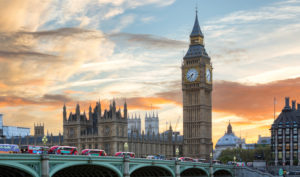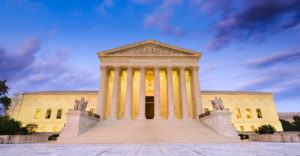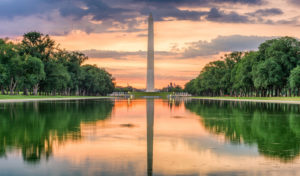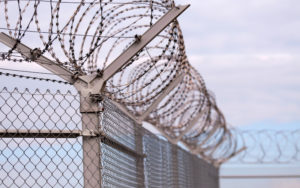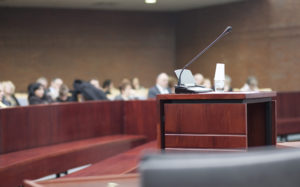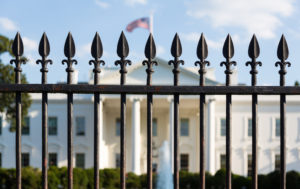Preserving Clinician Discretion Under Health Privacy Regulation
HIPAA does not stop health care providers from disclosing patient information to provide better care.
The Empty Case for Overruling Auer Deference
Contrary to criticisms, Auer deference does not encourage agencies to self-delegate.
Building Capacity for Economic Analysis at Independent Agencies
Independent agencies should take steps to conduct more thorough economic analysis when writing regulations.
Evaluating the Grand Bargain
Triaging serious cases and simplifying criminal procedure could raise significant risks.
Misdemeanor Cases Need Lawyers Too
Barton and Bibas’s suggestions about misdemeanor would increase charges and harm defendants.
Reforming Criminal Justice by Reforming Lawyers
Revamping the regulation of legal services might be a first step toward overhauling criminal justice.
Preventing Error Requires Not Just More Resources, But Better Incentives Too
Improving legal representation in criminal cases requires focusing on prosecutors as well as defenders.
Rebooting Justice for Inmate Litigants
Suggested legal system reform could help inmates pursue civil rights claims.
“Right to Try” Marks New Era in the Treatment of Terminally Ill Patients
The Right to Try Act represents an important step toward helping dying patients with little recourse.
A Simpler and Less Adversarial System Would Be More Just
Improving the justice system requires more than just using technology and relaxing requirements for lawyers.
Enduring Principles of Sound Regulatory Analysis
The economic foundations of Executive Order 12,866 underscore its continued importance in regulatory review.

